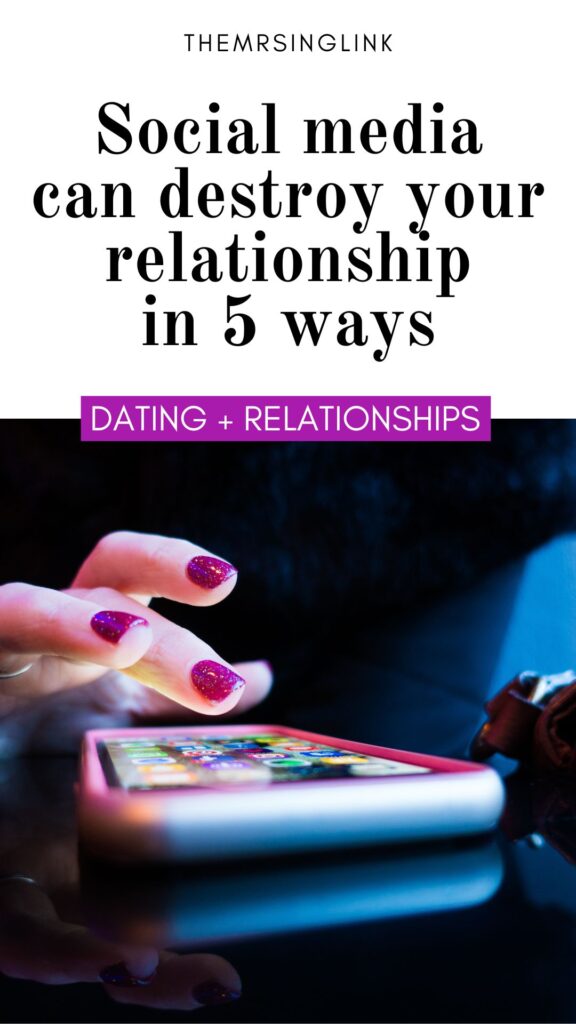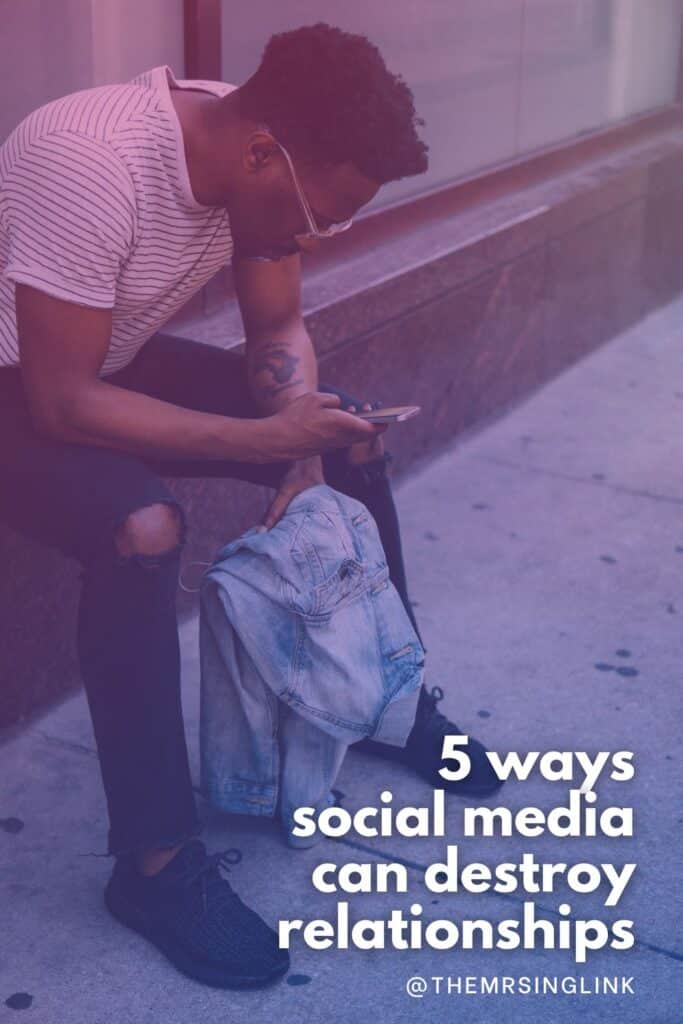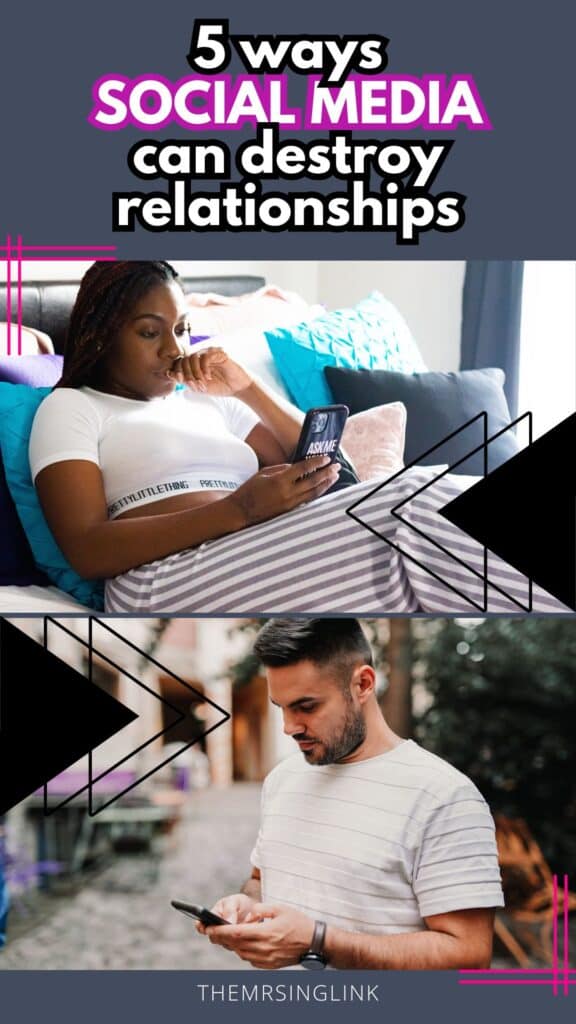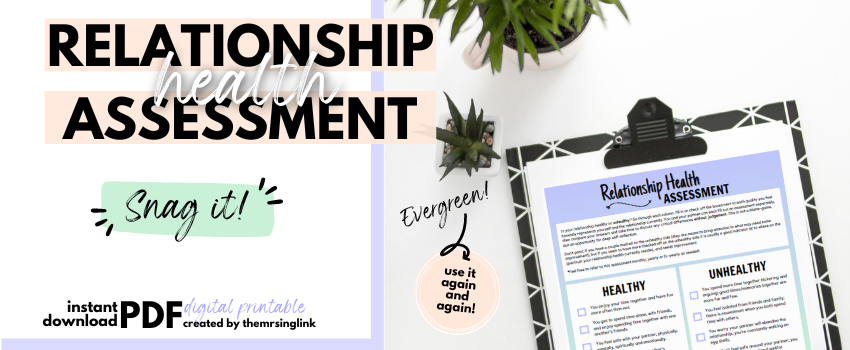
I’m lifting the veil for some of ya’ll when I say social media can – it’s been proven it HAS – absolutely wreak havoc (and even destroy) your relationship. And I mean this *gently* because many of you are out there performing, fantasizing, idolizing, and acting day in and day out in your virtual world without any regard for what’s right in front of you – that you can see with your own eyes, hear with your own ears and touch with your own hands.
Yeah, I’m talking about your partner – your relationship. Yet people care more about their phones, their social media, and their digital identity…and are willing to fight tooth and nail to protect it and preserve it at all costs – even at the expense of their relationship.
Don’t feel like reading the post? Watch the video instead!
5 Ways social media can destroy relationships
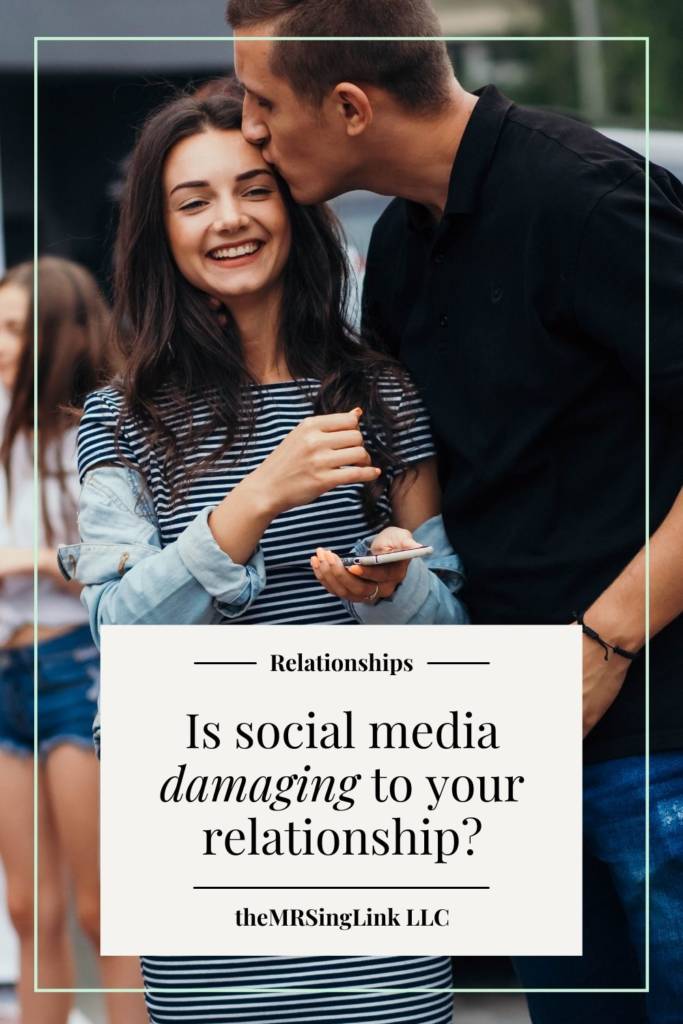
it depicts a false sense of “reality” (perfection)
You can get sucked into the infinite, wicked loop of comparison. The whole “her boyfriend does this for her“, “she gets to do that in her relationship“, “they have the privilege to have this, go here, be that” bit. And it’s because that’s all you’re shown on social media.
Social media can destroy relationships because our platforms show the world, and everyone in it, this “fantasy”. You don’t necessarily see the mundane of people’s lives, nor do you rarely see the real, deep, dark stuff – oh, right, because that’s private. Take note of what exactly people are willing to show off without a second thought to “privacy”, let alone “authenticity”. This is why you’ll never actually see a couple’s struggles through social media. Am I saying this is wrong? No, but this is to announce that social media is NOT REAL LIFE.
If you’re judging your own relationship from 20% capacity at all times, well, of course it may seem less than ideal. Hence why you only see a fractional highlight of people’s relationships on social media. Like, the good stuff. The problem is the tendency to view a singular “good” or “bad” as being the whole. So you look at your best friend’s bae posting lovey-dovey cute posts and pictures online and automatically assume all is [perfect] right in that relationship, and that yours doesn’t measure up (even despite the fact your partner recently surprised you with flowers).
This outlook can create unrealistic expectations in your relationship and in a partner, in general, especially with the constant earful of “you can have/do it all“, or to “never settle for less” or “set the bar higher“. We need to be able to discern whether or not this ideology society tends to idolize has a negative effect on our ability to form and maintain an authentic, healthy relationship.
I find it much easier to look at it like this: If you find yourself looking in the window of comparison [from the outside], you’re not seeing the full, raw picture! That doesn’t necessarily mean what you see isn’t real, but it means that there’s more to it than what you’re seeing and being shown behind a digital screen. It’s like a filter – we use those to distort our appearance the way we want people to see us.
it normalizes public humiliation
We could just call this backdoor bullying, for real. And I’m flabbergasted by the number of people who see no wrong or shame in blatantly, indirectly, or secretly humiliating, mocking, and criticizing their spouse or partner…on social media. GRANTED, we all make “jokes”, and as modern society would have it – the whole “take a joke” gaslighting scheme is becoming a thing of the past in order to normalize individual sensitivity and trauma. Yet, as we continue to make light or fun of something or someone – it is still the “jokester” who defines it. That doesn’t mean the person on the receiving end should take everything lightly.
While, yes, us wives and girlfriends have willingly joined in on the trend of pointing out how husbands and boyfriends are messy, can’t remember where things are, or are [in fact] actually needy, sensitive human beings (aka, the infamous “man cold”), we are labeling “calling them out” [on their shenanigans, faults, inadequacies, weaknesses, etc.] as simply a joke or to prove [our] some point. Orrrrrr, part of me thinks maybe it’s really not.
Men do the same thing, too, I haven’t forgot.
Nonetheless, both sides are equally guilty of this, and I know we can all take a joke now and then. But it’s important to consider whether these “jokes” (that can be genuinely funny and accurate) are being normalized to promote public shaming and even cancel culture. *Gag* That it’s okay to criticize, mock, bully, or make fun of someone this way but not that way. My point is, where is the line drawn? That line looks different for everyone.
Yet so many out there be outright disrespecting their partner to the core. You might as well be throwing stones at your partner in a crowd full of people watching, except most of us would simply throw the stone from within the crowd, undetected – that might be worse. It’s somehow become much safer/easier to do dirty to others behind a screen where you have more “protection” or control of *who* can see and judge you.
So be mindful the next time you feel the urge, or take it to your socials to vent about the fight you and your partner just had on a group chat, sharing that relevant Instagram story about how your husband is a total waste of space to humankind, or when you post on your timeline, “Men are trash,” to get the rise (or attention) from your followers you’re after.
it robs you of what matters
Am I saying because you have and use social media that you care less about your partner or your relationship? No. But how much time – in the last week or month – do you think you spent unconsciously scrolling over attentiveness to your partner? Or how about anything that matters greatly to you?
I can count on more than both hands the number of times my husband spends far. too. long. in the bathroom simply because he’s scrolling instead of actually doing his “business”. I can count on more than both hands the number of times in the last month I [willingly] spent scrolling on my phone instead of enjoying each other’s company. And as I’m doing it, I justify it!
Point blank – I firmly believe the obsession (as well as the denial of obsession) of social media robs individuals of what [should] truly matters. You certainly don’t gain anything from it [scrolling on your socials] without some sort of sacrifice – even if that’s time. So why does the online world deserve so much of your “sacrifice”, without a second thought, yet the thought of making sacrifices for your partner or relationship makes you squirm or dig your heels in?
“30 minutes of scrolling doesn’t hurt anyone or do any harm,” said the person who probably won’t openly admit they often experience insomnia, have digestive issues, low self-esteem (or other health issues), lack “work ethic” or motivation, and struggle with organization, time management, routine, commitment, self-connection, as well as maintaining or having [deeper] connections with others (friends/relationships).
I’m. Just. Saying. Enough studies suggest that curbing or eliminating screen time (on social media) has dramatically improved and benefitted the quality of L I F E – real life. That means relationships would benefit, too.
your socials become your “identity”
Who are you without it? Are you a different person on and off social media? Either way, your “social identity” is a separate sense of “self” suddenly worthy of safekeeping, or proprietorship. As we know it, social media has created an alternate “digital” version or “virtual reality” of ourselves, our lives, and the world – no lies detected there.
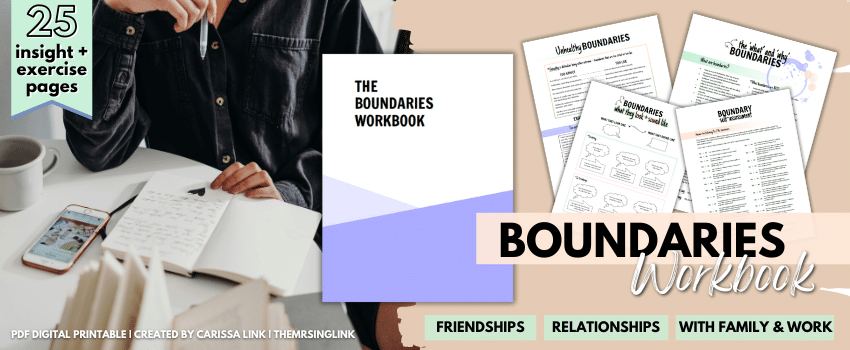
Much of how we see and operate in the world and in society is through social media. And many wonder why they feel so disconnected from themselves (in their body) and face-to-face with others when they’re not glued to a screen. And if you lead a different life on social media than in the real world, reaching a point where you begin wondering, “Who am I, for real?” should be no surprise.
You should also consider what kind of effect this has on [real life] interpersonal and romantic relationships. Who is the person your partner gets to see in real life? What aspects of you are off-limits, hidden, or falsified in your relationship versus what others or the public eye is freely given access to? Does your partner experience the real you, or the version of you on autopilot through life?
It already isn’t uncommon for unhappy couples to go looking for a “fix”, or help, outside the relationship or even as a means to escape. This means those are likely to turn to and lean on social media to fill in any gaps or an empty void, which can easily become an invisible driving wedge and have a detrimental effect on relationship security, connection and trust.
privacy vs. secrecy is a thin blurred line
Social media can destroy relationships through the destruction of trust. Your partner is entitled to privacy. Your relationship is also entitled to privacy. What does this mean exactly? Your partner is entitled to a safe space that is their own, while your relationship is entitled to the respect of private matters kept within the relationship. This also means you are not entitled to your partner’s socials (and access to them), while your relationship (including your partner) is entitled to full transparency. Meaningggggg there are [should be] no kept “secrets” that pose as a threat or concern.
Each and every individual and relationship defines what they consider to be privacy versus “secrecy”. I find this line is blurred almost to nonexistent, which is like walking on a landmine. Privacy can mean not having shared social accounts or not posting about sensitive “relationship matters”. Secrecy can mean failing to inform your partner about receiving a DM from an EX or befriending/interacting with others with “intimate”, deceptive, or flirtatious motives and intent.
The biggest problem is couples shy away from or avoid communicating their views and beliefs on this matter in general or entirely. Let’s ask ourselves why without jumping to protest our right to privacy. Social media plays a big role in our individual lives so it also plays a role in the health of relationships. Just as there are boundaries in the real-life aspect of relationships, that means there are obvious digital and social media boundaries to address rather than being swept under the rug and deemed “untouchable”.
